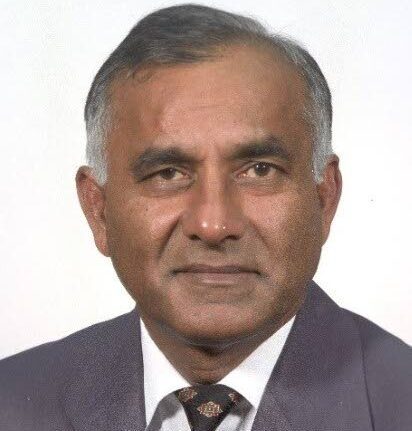Medical ombudsman needed

TREVOR SUDAMA
Guest column
The recent tragic deaths in the NICU are another glaring example of serious deficiencies in our public health system.
The immediate imperative is to initiate a thorough, expeditious and credible enquiry not only to establish the facts and determine direct and indirect culpability, but also to assess compensatory obligations and bring closure to aggrieved parents.
Based on the findings, a programme for corrective action including systemic reform of protocols, procedures and oversight mechanisms for best practice should be instituted.
The problem of grave lapses in the delivery of medical care resulting in fatal consequences is certainly not confined to the public health system. It also extends to the private health sector, where the trauma of the loss of life has to be borne by families in addition to irretrievable and significant financial outlay.
Since such incidents involving fatal outcomes seem to be occurring with increasing regularity, I am proposing the establishment of an independent Office of Medical Ombudsman to enquire into instances of significant deficiency and negligence in the provision of medical care which results in fatalities or severe disabilities.
The proposed medical ombudsman would be required to have appropriate qualifications and experience, and be supported by suitably qualified staff.
He or she should not be beholden to any vested interest and must have the authority to examine relevant medical records and other supporting documents, investigate procedures and protocols, interview involved medical personnel and obtain additional, specialised expert opinion when necessary.
A preliminary enquiry may determine whether there is need to proceed to a more detailed and incisive investigation.
As a result of its findings and determination of liability or otherwise, the ombudsman may recommend to the relevant parties compensatory obligations. The aggrieved families would still have recourse to the courts if minded to do so.
Advantages of establishing such an office include:
* It will entail a less expensive, more informal yet expeditious investigative procedure which can be initiated by aggrieved families or by governmental authority.
* Findings will bring more timely closure to affected families, especially those with modest means and incomes who are unable to seek judicial relief.
* It will, to some extent, relieve the workload of the courts.
* The acceptance of findings and recommendations will be of benefit to concerned institutions in settling obligations in a timely manner, thus reducing expenditure and reputational damage as a consequence of litigation.
* Findings and recommendations involving different aspects of the health system would serve as an ongoing learning process to the benefit of improved delivery of medical care nationally.
* Such an office would obviate the need to establish ad-hoc committees of enquiry when incidents occur.
* Such office existing may serve as a deterrent to negligence, laxity, indifference and malpractice in medical institutions and among medical personnel.
* It may generate greater confidence and trust in the operations of medical institutions.
* Investigations and findings are likely to be perceived as being more objective and credible as opposed to internal investigations led by doctors or medical professionals investigating doctors and medical practitioners.
* Such an office will reduce levels of sensationalism in the media and activities by publicity-seeking attorneys and redirect focus on sober investigation and corrective measures.
For obvious self-serving reasons, this proposal may not find favour with medical practitioners both in public and private practice. It may be seen as proposing excessive intrusiveness and oversight. However, it is the duty of any government to consider the larger public interest against concerns raised by sectional interests.
The argument that it would entail increased public expenditure is countered by the fact that ad-hoc investigative committees also involve considerable expenditure.
Regarding increasing public bureaucracy, I am not aware of any private or public enterprise in any jurisdiction in the world which functions without a bureaucratic support apparatus. As a necessary institution, the imperative is to make bureaucracy functional, effective and efficient.

Comments
"Medical ombudsman needed"